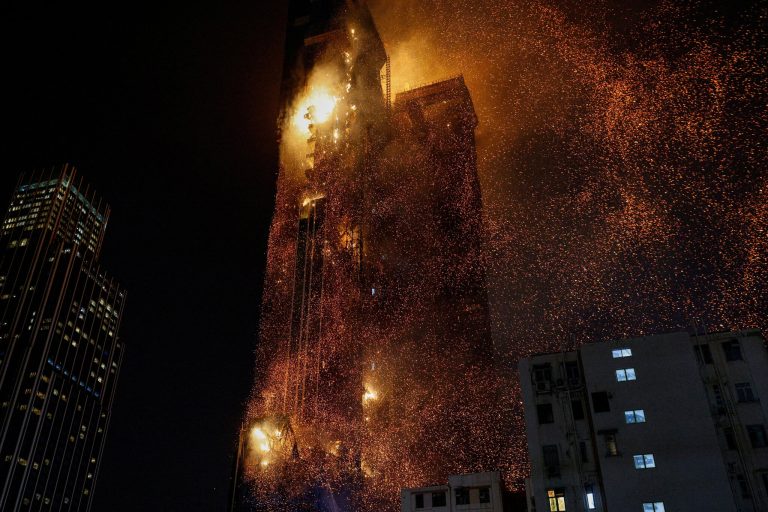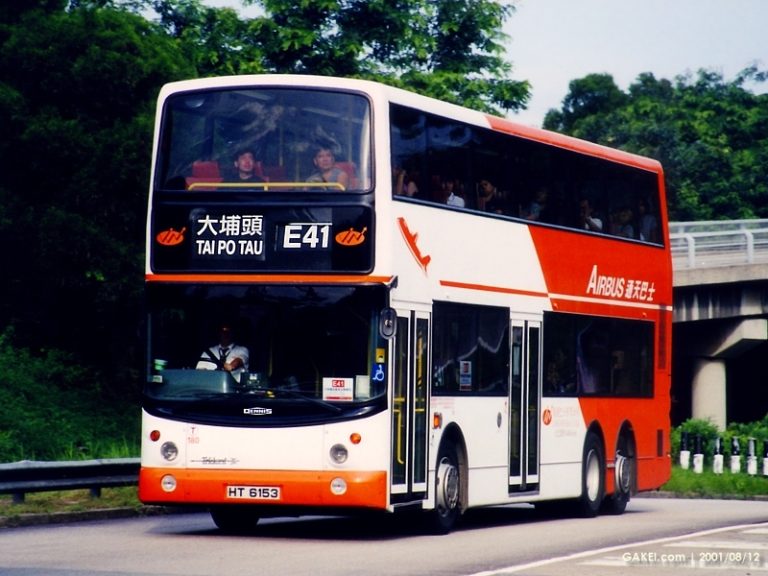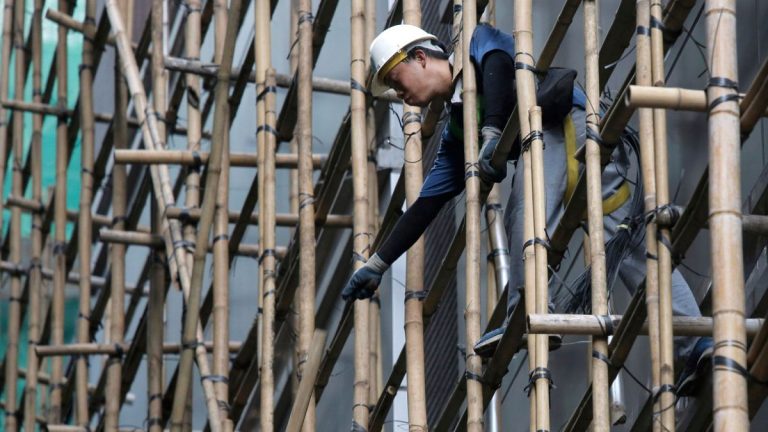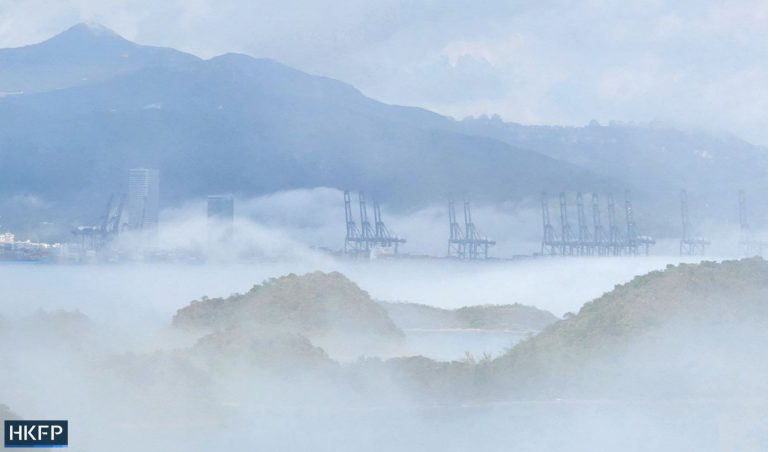The tragic deaths of 93 precious lives have made the Tai Po Hung Fuk Court five-alarm fire one of Hong Kong’s most devastating disasters in recent years. Amidst this heartbreaking incident, insurance compensation has become a focal point of public concern, with China Taiping Insurance (Hong Kong) Company Limited playing a pivotal role.
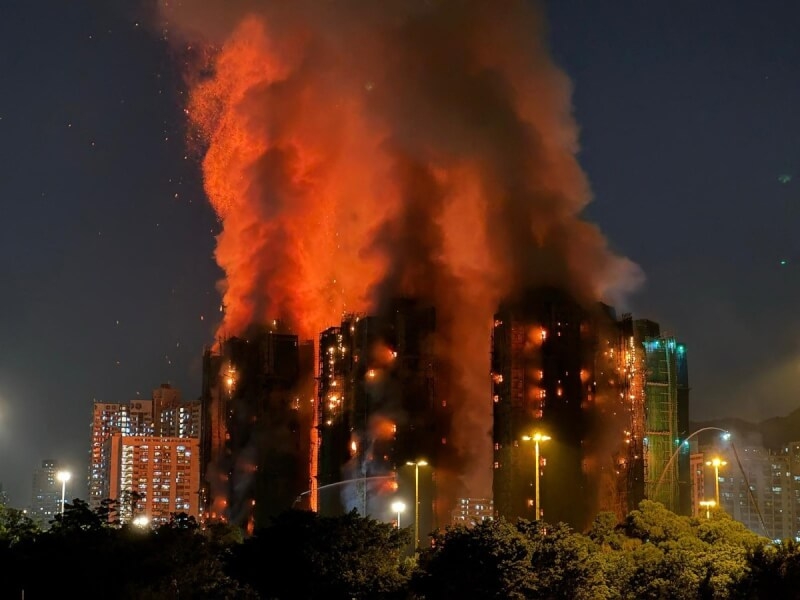
According to market rumors and official statements, Taiping Hong Kong holds multiple insurance policies for Hung Fuk Court, including Contractors’ All Risks insurance, Employees’ Compensation Insurance, Owners’ Corporation Third-Party Liability insurance, Property All Risks insurance, and Public Liability insurance. The maximum payout for the Property All Risks insurance is reportedly as high as HKD 2 billion, which will serve as crucial financial support for post-disaster reconstruction.
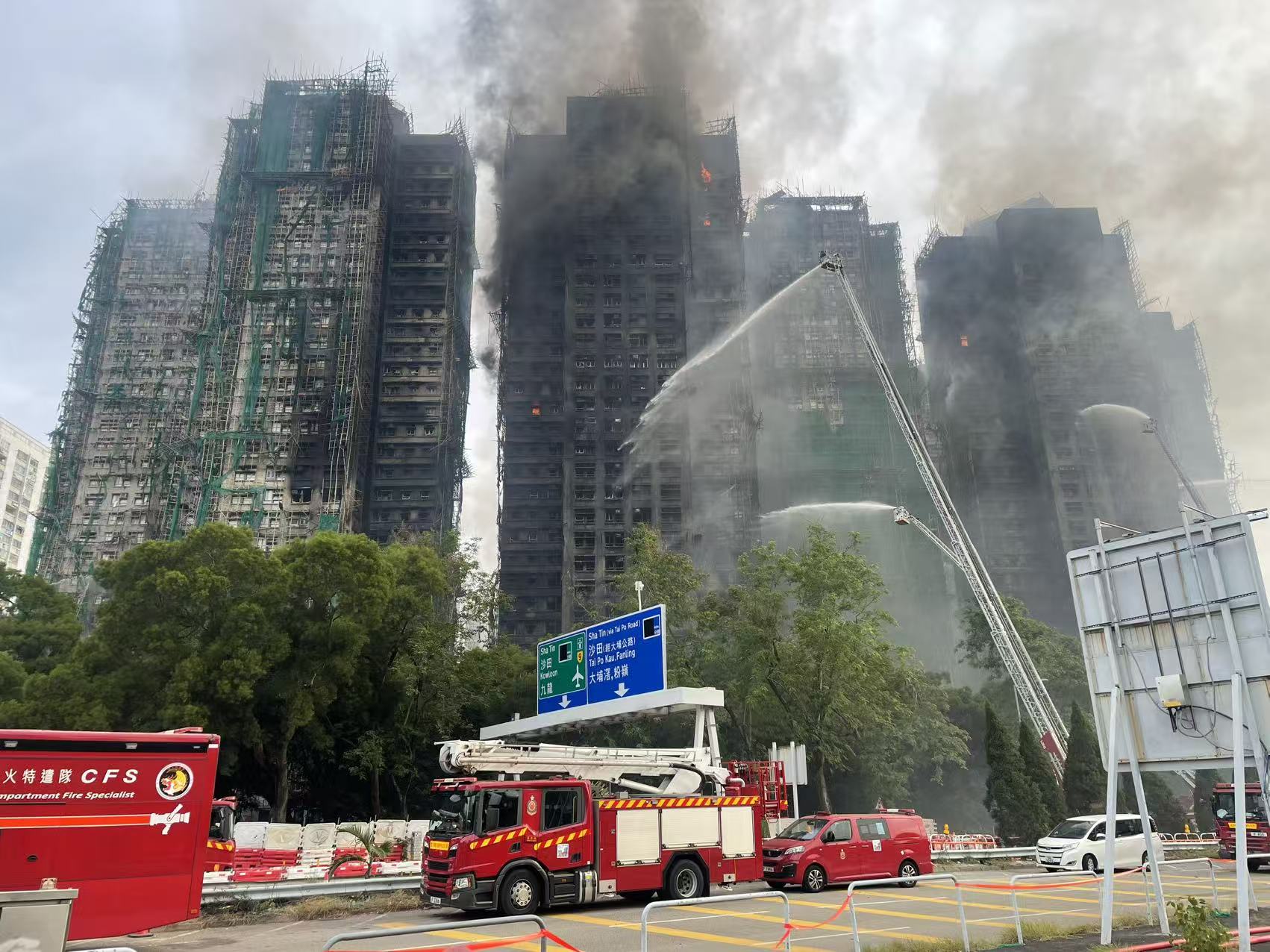
Insurance professionals maintain cautious optimism regarding this compensation amount. Lo Siu-hung, President of the International Professional Insurance Consulting Association, noted that based on professional surveyor assessments, HKD 2 billion should be sufficient to cover the rebuilding costs of the complex. However, he also cautioned that the coverage for third-party bodily injury liability might be insufficient. Currently, the Owners’ Corporation has only insured HKD 10 million (the minimum legal requirement), which is clearly inadequate for a housing estate with 1,984 units. The industry suggests that estates of similar scale should have third-party liability coverage exceeding HKD 100 million; otherwise, compensation exceeding the insured amount would have to be borne by the Owners’ Corporation.
Taiping Hong Kong has adopted a proactive stance toward claims settlement, emphasizing adherence to the principles of “settling claims quickly where possible, compensating fully as required, and reasonably advancing compensation.” The Hong Kong Federation of Insurers has also adopted a “special case, exceptional handling” approach, with major insurance companies swiftly mobilizing to set up dedicated hotlines and proactively reach out to affected residents. For home insurance claims, companies will adopt flexible measures, such as reimbursing temporary accommodation expenses “as incurred,” and handling property loss claims with leniency when receipts are lost due to the fire.
Notably, this disaster has not only sparked discussions on insurance compensation but also prompted widespread social compassion. The Xiaomi Foundation and Tencent Charity Foundation each donated HKD 10 million to support emergency relief efforts, demonstrating corporate social responsibility.
Following the fire, China Taiping’s stock price experienced fluctuations, at one point plunging by 8%, reflecting market concerns over potential compensation liabilities. However, the company has publicly pledged its full commitment to insurance claims settlement and customer service.
This tragedy serves as a stark reminder that insurance is not merely a contract but a vital safety net for society in times of crisis. For Hung Fuk Court residents, the road to reconstruction may be arduous, but with the support of insurers, charities, and the broader community, rebuilding hope is far from impossible.



